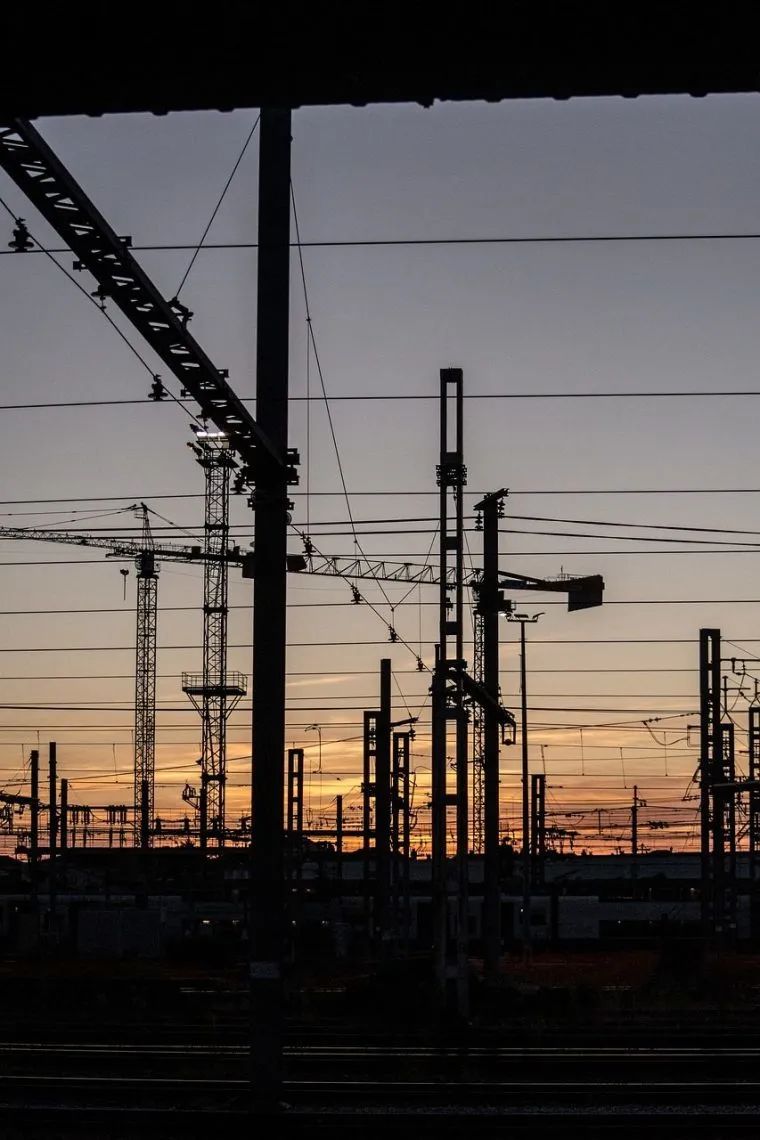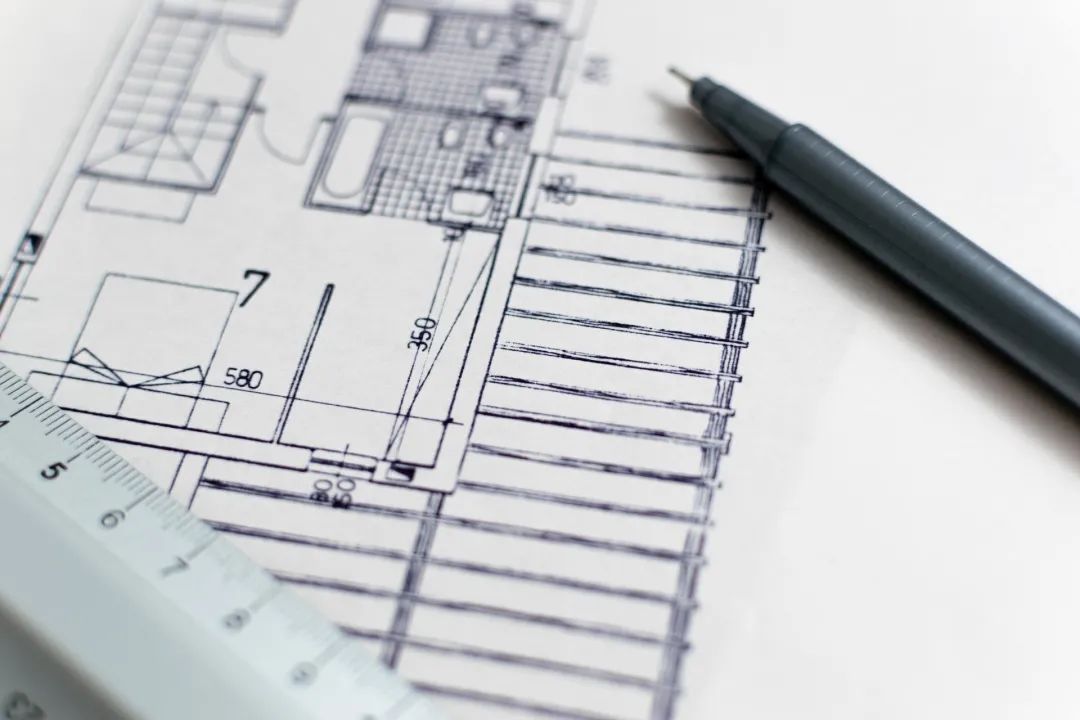1
. 
Project cost: it is the abbreviation of construction project cost
. 
There are two different meanings: (1) it refers to the construction cost of a construction project (single project), that is, the total cost of completing a construction project (single project), including construction engineering, installation engineering, equipment and other related costs
.
(2) It refers to the contract price (or contract price) of the construction project
.
2
.
Dynamic management of project cost: the pricing basis used in estimation, estimation and budget, as well as the control of project cost are based on time change and market change, which can adapt to the objective actual trend, so as to drive the actual project cost within the allowable error range of expected cost, and ensure the fair and reasonable price of construction and installation project
.
3
.
Effective control of project cost: in the whole process of project cost management, measures should be taken from all aspects to make rational use of resources and manage the cost, so as to ensure that the actual cost of the construction project can be controlled within the allowable error range of the expected cost on the basis of reasonably determining the expected cost
.
4
.
Reasonable calculation of project cost: scientific calculation method and practical pricing basis are adopted to promote design optimization through cost analysis and comparison, so as to ensure that the expected cost of construction project is verified at a reasonable level, including controlling the actual cost within the allowable error range of expected price
.
5
.
The whole process management of project cost: in order to ensure the investment benefit of construction project, the whole process of preliminary design, expanded preliminary design, construction drawing design, contracting, construction, commissioning, completion and commissioning, final accounts, post evaluation, etc
.
of project construction from feasibility study, and all business behaviors and organizational activities around project cost
.
6
.
Project cost management: the whole process and all-round business behaviors and organizational activities of construction project cost and construction and installation project price in line with the policy and objective law, in order to ensure the economic benefits of the construction project and the economic rights and interests of all parties concerned, under the principle of unified goal and respective responsibilities by using scientific and technological principles and methods
.
7
.
Dynamic investment: refers to the total investment required to complete a construction project, including the increased investment due to static investment, price rise and other risk factors, as well as the expected investment interest expense
.
8
.
Static investment: refers to the time value of construction cost calculated based on the unit price of construction elements in a base year and month when preparing the expected cost
.
It includes the cost increase that may be caused by the engineering quantity error
.
It does not include the increased investment due to the rising price and other risk factors in the following years, as well as the investment interest expense due to time migration
.
9
.
Unit cost: calculate the project cost without unit quantity according to the quantity of production capacity or use function after the project is completed
.
For example, the cost per kilometer of railway and the power generation capacity per kilowatt
.
10
.
Construction and installation engineering cost: in engineering construction, the purchase of equipment and tools does not create value, but the construction and installation engineering is to create prohibited production activities
.
Therefore, in the composition of project investment, construction and installation project investment is relatively independent
.
As the monetary expression of the value of the construction and installation project, it is also known as the construction and installation project cost
.
11
.
Construction project cost: generally refers to the total cost of a certain project construction, that is, the total one-time cost of the construction project (engineering project) for the planned reproduction of fixed assets and the formation of the minimum amount of Liquidity Fund
.
It is mainly composed of construction and installation cost, purchase cost of equipment and tools, and other construction costs
.
12
.
Unit valuation table: it is a document to determine the direct cost of the construction and installation sub project in the form of a table
.
For example, determine the labor cost, material cost, construction machinery use cost and other direct costs required for the production of every 10m3 reinforced concrete or the installation of a certain type of milling machine equipment
.
13
.
Final accounts for completion: final accounts for completion are documents reflecting the construction achievements of completed projects, the basis for assessing the investment effect, the basis for handling delivery, use and acceptance, and an important part of the final acceptance report
.
14
.
Project settlement: refers to the settlement business in which the construction enterprise delivers the completed project to the employer or points the completed project to obtain the project price income
.
15
.
Construction drawing budget: the construction drawing budget is a document to determine the budget cost of construction and installation engineering
.
It is compiled based on the construction drawing after the completion of the construction drawing design, according to the budget quota, cost standard, and the budget price of local labor, materials, and machinery teams
.
16
.
Design budget estimate: design budget estimate refers to the general calculation of the project cost according to the design requirements at the stage of preliminary design or expanded preliminary design
.
17
.
Investment estimation: investment estimation refers to the estimation of the investment amount of the construction project based on the existing data and certain methods in the whole investment decision-making process
.
18
.
Workday: a unit of measurement that represents working hours
.
It usually takes eight hours as a standard workday
.
A workday of an employee is traditionally called a workday
.
Regardless of the actual working hours of an employee in a workday, it is calculated as a workday
.
19
.
Ten thousand yuan index: it is the standard of labor, material and machinery consumption based on ten thousand yuan construction and installation quantities
.
20
.
Estimation index: it is a kind of quota used to prepare investment estimation and calculate investment demand in the stage of feasibility study of project proposal and preparation of design specification
.
21
.
Budgetary estimate index: it is the standard of labor, material and machinery consumption based on the standard budget of a general design and measured by 100 square meters
.
The budget estimate index is more comprehensive than the budget estimate quota, which is the basis for compiling the preliminary design budget estimate
.
22
.
Quota: in production and operation activities, according to certain technical conditions and organizational conditions, the quantity standard of manpower, material resources or financial resources required to complete certain qualified products (or work) is stipulated
.
It is a tool of economic management and the basis of scientific management
.
Quota is scientific, legal and mass
.
23
.
Construction period quota: refers to the average standard days required to complete a unit (or group) project under certain production technology and natural conditions
.
It includes construction period quota and construction period quota
.
24
.
Construction period refers to the time from the commencement of construction to the completion and commissioning of a construction project or an independent single project
.
In case of work stoppage caused by irresistible natural disasters or major design changes, the construction period can be extended after being approved
.
25
.
The construction period refers to the number of days from the formal commencement to the completion of all the construction contents required by the design and reaching the national acceptance standard
.
The construction period is a part of the construction period
.
26
.
The construction period quota is the basis for evaluating the construction speed, preparing the construction plan, signing the contract and evaluating the excellent project
.
27
.
Construction quota: the quantity standard of labor, machinery and materials consumed by construction and installation workers or groups to complete qualified construction and installation products of each unit of measurement under normal construction conditions
.
“Construction quota is a kind of quota used in enterprises, which is composed of labor quota, machinery quota and material quota
.
The main functions of construction quota are as follows: construction quota is the basis for compiling construction organization design and construction operation plan; construction quota is the basic basis for implementing contract system to workers and teams, calculating workers’ labor remuneration and issuing construction task list and quota material requisition list; construction quota is the basis for compiling construction budget, budget quota and supplementary unit valuation table
.
28
.
Labor quota: refers to the labor consumption standard necessary for producing a certain number of qualified products or completing a certain amount of work under certain production technology and production organization conditions.
.



